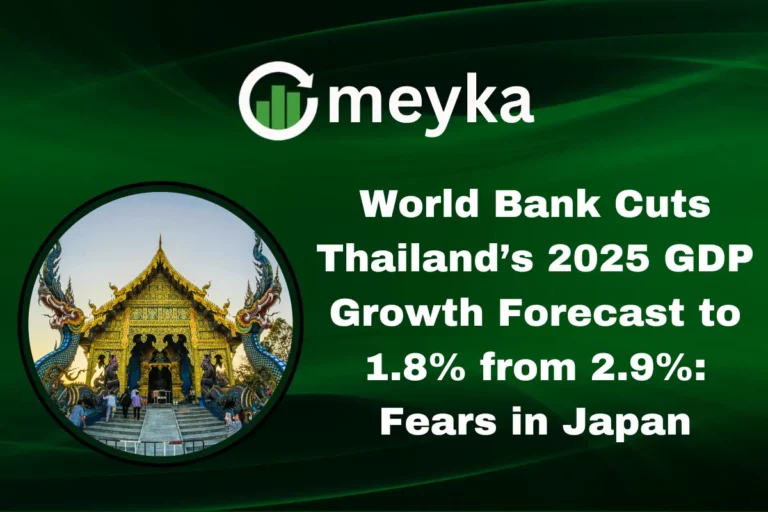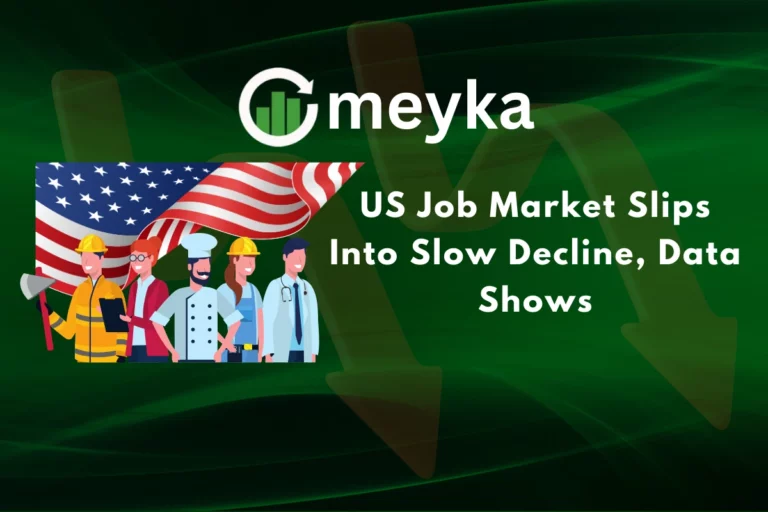Pop Mart Shares Fall Sharply After Live-Stream Sparks Pricing Outrage
Pop Mart, one of China’s biggest toy and collectible makers, saw its shares tumble sharply this week after a controversial live-stream event triggered outrage among customers and investors. The incident highlights the growing risks of online marketing missteps in China’s fast-evolving retail landscape, where consumer sentiment can change overnight.
Continue Reading on Meyka
This article is available in full on our main platform. Get access to complete analysis, stock insights, and more.
Read Full Article →





